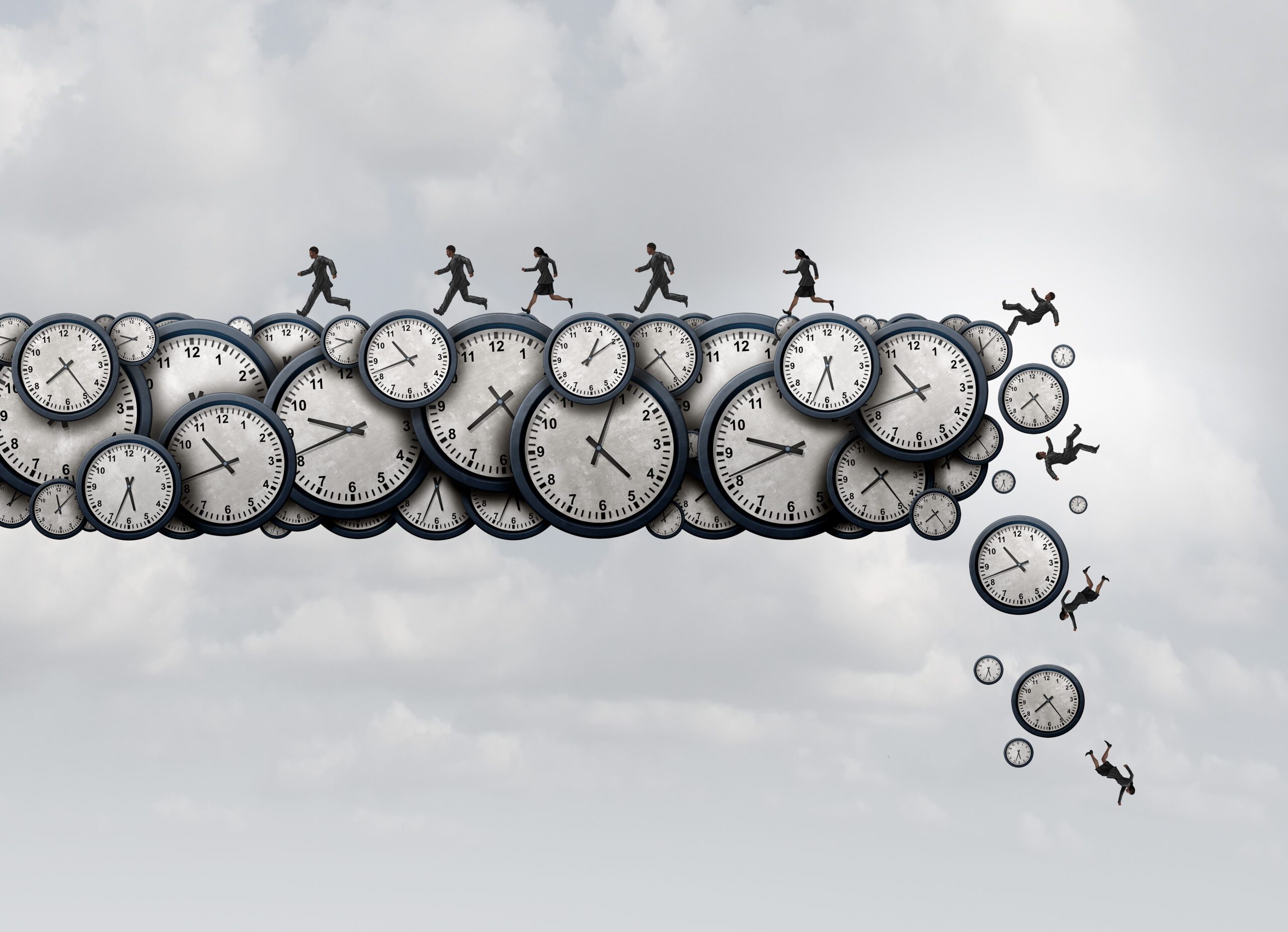Articles

Reskilling to Boost Your Career
1 de May de 2024

Stress, as our body’s automatic and innate response, prepares us to face challenges. Even positive changes can be triggering, as adaptation demands an extra effort.
In our professional journeys, we’ve all encountered stress at some point — due to tight deadlines, overseeing major projects, aspiring for promotions, or embracing new responsibilities. However, when these triggers linger, they can become chronic, posing a threat to both our physical and emotional well-being.
In the business world, stress often stems from increasing and sustained pressure, leading to employees’ mental and/or physical exhaustion. Consequently, even everyday tasks, such as commuting to work, can become significant challenges. Here are some situations that can contribute to work-related stress:
Currently, many people encounter these and other work-related challenges. That’s why it’s crucial to understand how to manage stress and develop skills to help navigate such situations more effectively.

El Máster en Sport Management de EAE es el programa de gestión deportiva que acelera tu transformación, aprendizaje y desarrollo profesional durante 10 meses en el corazón de Barcelona.
Más información
Developing certain personal skills can make a difference in dealing with stress. These are some of the skills that can be cultivated to better cope with stressful situations:
The ability to stay calm under pressure, adapt to unforeseen situations, and learn from negative experiences is essential to face any unexpected circumstance.
Cultivating a positive mindset, practicing self-compassion, and establishing healthy boundaries are fundamental pillars for developing emotional resilience. For instance, regular reflection and mindfulness sessions can be implemented in the workplace to help employees connect with their thoughts and emotions, enabling them to better confront challenges and strengthen their resilience.
Efficient time management is crucial to keep things flowing smoothly and avoid bottlenecks in your workflow. It not only streamlines your tasks but also helps you declutter your work. If your struggle with time management is rooted in concentration issues and easy distractions, tools like the Pomodoro technique can be quite handy.
However, there are moments when mastering time management alone won’t solve the overwhelming workload. During such times, it’s vital to know how to prioritize, when to gracefully decline tasks, and set clear boundaries on how much work you can handle. Seeking assistance from superiors or colleagues becomes essential when you cannot juggle everything.
Another essential skill for dealing with work-related stress is assertive communication. This positive communication style fosters healthy work relationships and minimizes unnecessary conflicts. Being assertive means expressing your thoughts and feelings clearly and respectfully while actively listening to others’ opinions. This skill cultivates a collaborative work atmosphere and promotes open and positive communication, ensuring clear expectations, preventing misunderstandings, strengthening workplace connections and alleviating tensions that could otherwise contribute to stress.
Understanding your limitations, recognizing signs of burnout, and practicing self-care regularly are crucial to balancing work and personal life. Self-awareness and self-care are fundamental for dealing with work-related stress sustainably. This may involve activities such as regular exercise, meditation, or simply taking time to disconnect. By prioritizing your emotional and physical well-being, you’ll be better equipped to face work challenges with mental clarity and resilience.
Work-related stress is an issue that affects a lot of people and it can have negative consequences for health and performance. Learning to handle work stress involves getting better at managing our feelings, thoughts, and actions. It’s true that learning this isn’t something that yields immediate results, but with practice and professional help, we can improve our skills to control it.